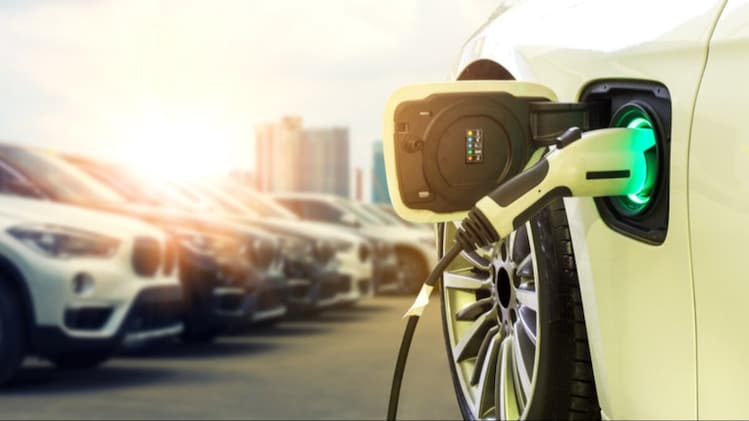
HERO ELECTRIC, OKINAWA AUTOTECH GET CLEAN CHIT IN FAME SCHEME VIOLATION CASE
A Ministry of Heavy Industries committee has given clean chit to Hero Electric and Okinawa Autotech, two major two-wheeler original equipment manufacturers (OEMs), of any violations of the Phased Manufacturing Programme (PMP) Guidelines under the FAME II Scheme, government sources have told Business Today TV.
The committee's findings come after an extensive review of the operations of the two companies. The clean chit will bring relief to two-wheeler manufacturers who have been under the government scanner for alleged misappropriation of government subsidies.
Earlier, the Heavy Industries Ministry had alleged that subsidies under the FAME-II Scheme were misused and demanded a total of Rs 249 crore from Okinawa Autotech (Rs 116 crore) and Hero Electric (Rs 133 crore) for purported breaches of the PMP guidelines that discourage the use of imported parts in the manufacturing of electric vehicles.
The Ministry had initiated the inquiry last April to investigate complaints regarding the disbursement of FAME II subsidies. The inquiry's confidential report was subsequently submitted to the government last December.
According to the report reviewed by Business Today TV, the Automotive Research Association of India (ARAI) found in its inspection report dated May 13, 2022, that parts used by Hero Electric Vehicles Private Ltd were locally sourced or assembled, with no indication of PMP violations. Similarly, ARAI and the International Centre for Automotive Technology (ICAT) jointly concluded in their report submitted on August 8, 2022, that Okinawa Autotech achieved total localization by May 31, 2022.
The report highlighted the lack of elaboration on indigenization and localization instructions in the FAME II policy notifications and PMP guidelines, leading to confusion among stakeholders, including the Ministry of Heavy Industries. The committee placed responsibility on the Ministry's Auto Division for issuing unclear and contradictory notifications and guidelines related to FAME II, which resulted in confusion among OEMs and testing agencies, potentially leading to subjective interpretations.
As a solution, the committee recommended that compliance with PMP guidelines for all OEMs be reviewed by a third-party agency other than ARAI and ICAT, as the latter have been inconsistent in declaring OEMs compliant or non-compliant. It noted discrepancies in the application of criteria by testing agencies in evaluating various OEMs after receiving complaints, resulting in some OEMs being cleared while others remained under scrutiny.
Additionally, the committee cited an email from ICAT in December 2023, stating that visual inspection alone was insufficient to determine whether parts were imported directly or manufactured and assembled domestically using imported or domestic parts.
2024-04-27T01:41:37Z dg43tfdfdgfd